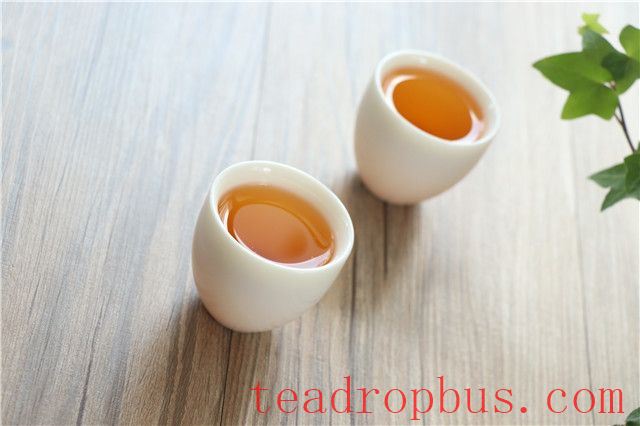Drinking Tea after alcohol can cause significant damage to the urinary system. Alcohol is primarily metabolized in the liver and, under the action of oxidase, is oxidized into acetaldehyde and acetate. Acetate is further oxidized into carbon dioxide and water, which are then excreted through the kidneys and lungs separately. Theophylline is the main component of Tea and has a diuretic effect. A large amount of theophylline in tea can induce a more rapid diuretic effect, promoting the premature entry of unmetabolized acetaldehyde into the kidneys. Acetaldehyde can cause considerable harm to the urinary system.

The Hazards of Drinking Tea After Alcohol
Drinking a small amount of tea after consuming alcohol generally does not have a significant impact on the body. However, drinking a large amount of tea after alcohol may have some adverse effects. Alcohol can lead to reduced concentration and impaired judgment; in severe cases, it may affect memory. The liver needs to metabolize alcohol, and excessive drinking can harm the liver and stomach. In such circumstances, continuously drinking large amounts of strong tea can dilute gastric juices, exacerbating symptoms like indigestion, abdominal pain, and bloating. In severe cases, it can lead to ulcers in the stomach and duodenum.

Alcohol consumption can cause absorption disorders of other substances. Drinking a large amount of strong tea after alcohol can severely impede the body's ability to absorb iron. If a person drinks tea after alcohol, it may worsen iron-deficiency anemia. Alcohol affects the circulatory system, initially causing excitement followed by inhibition, leading to increased blood pressure and an increased burden on the heart. Heart muscle contraction can also be affected. Drinking a large amount of strong tea after alcohol can exacerbate these effects. Additionally, the Caffeine in strong tea can increase heart rate, potentially worsening hypertension and, in severe cases, posing a threat to life.

Therefore, it is recommended that people who drink alcohol or strong tea should quit drinking and reduce their intake of strong tea, especially those with cardiovascular diseases such as coronary atherosclerotic heart disease or pulmonary heart disease. They should improve their lifestyle in a timely manner.